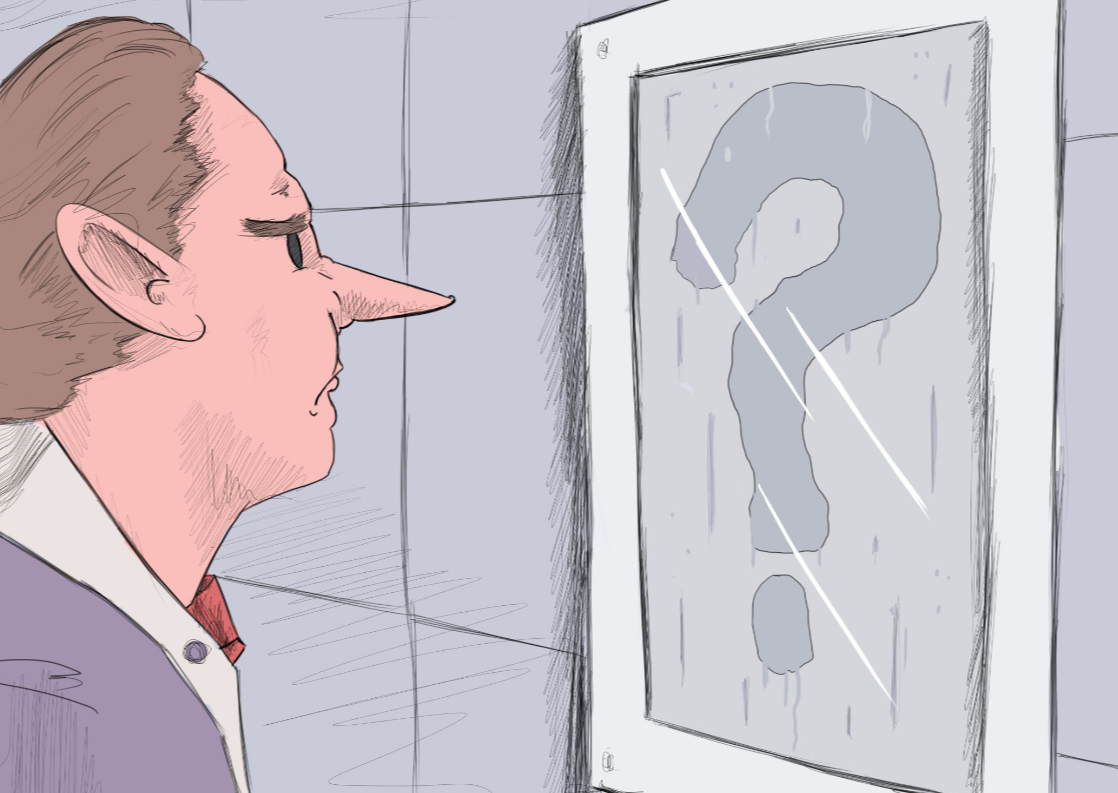Society tells us to label one another based on occupation. We ask strangers, “What do you do?” rather than, “Who are you?” We ask children, “What do you want to be when you grow up?” rather than, “What do you like to do?” We emphasize socially-constructed roles rather than unique identities.
This emphasis can create a world of anxiety for young adults. Who hasn’t had breakdowns throughout their college career while ruminating the future their major implies? Therefore, rather than prioritizing the molding of ourselves into a socially-constructed role, we should prioritize investing time into discovering our passions, desires and dislikes. We should invest in ourselves and our unique identities rather than what society tells us to invest our time in.
Psychology tells us why this investment is so critical.
Carl Rogers was an American psychologist now known as a founder of psychotherapy. One of his most popular notions is that of “the good life.”
“It involves the stretching and growing of becoming more and more of one’s potentialities,” Rogers wrote in his book “On Becoming a Person.” “It involves the courage to be. It means launching oneself fully into the stream of life. Yet the deeply exciting thing about human beings is that when the individual is inwardly free, he chooses as the good life this process of becoming.”
In other words, the journey of self-discovery is an integral key to living the good life, a life marked by happiness, contentment and bliss.
Rogers found that people were better off when they were met with “unconditional positive regard” from others. When we’re met at our most vulnerable states with acceptance and respect, it feels good. When we’re met with “conditional positive regard,” in that we’re only accepted when we fit neatly into a conceived mold, it can feel pretty bad.
We should look within ourselves with “unconditional positive regard.” We should take note of who we are, what we have been through, what may lie ahead, what strengths and weaknesses we possess and lovingly accept all of them.
We should not look wholly to society for guidelines to life. We should not view ourselves with “conditional positive regard.” If we did, we would feel worthy, valued and loved only when we meet societally-based expectations.
The Reveille ran a story Jan. 6 featuring Jordan Hefler,a Univeristy Alumna and a successful self-made artist-turned-influencer. She turned a photography passion into a career. She pushed herself to do what she felt was necessary to advance her career, not always what anyone else told her. Her motto is “do what you want.” In other words, be true to yourself, not necessarily whatever your mother or your major deems appropriate.
A relatively new psychological term “emerging adulthood” is a phase of life that college kids know all too well. It’s exactly as the term implies: an in-between phase in which we learn how to live independently. Psychologist Jeffrey Arnett, who coined the term, distinguishes this is as a period of experimentation and self-discovery.
The University offers an excess of opportunities for young people to learn about themselves. This advice may sound cliché, but join a club, try different classes at the UREC or enroll in a course that looks interesting but isn’t necessarily required for your degree. Use the resources the University provides as a means to make us happier students and healthier individuals.
One of Erik Erikson’s, an influential psychologist of the 20th century, “eight stages of development” is Identity vs. Role Confusion. He hypothesized that the major challenge facing adolescents is successfully answering questions of identity. Those who try different things until they discover aspects of their identity will be able to remain true to themselves in the face of conflicting world-views, resulting in self-confidence and peace of mind. Those who try to crumple themselves into a box imposed by parents, society or another external influence may experience identity crises and distress throughout their lives.
Dr. Suess once said, “Today you are You, that is truer than true. There is no one alive who is Youer than You.”
Discover yourself and embrace yourself. Recognize your potentials and utilize them to your heart’s desire. You and everyone around you will thank you for it.
James Smith is a 22-year-old mass communication senior from Grand Coteau, Louisiana.
Opinion: Self acceptance, ‘finding yourself’ integral to personal growth
By James Smith
January 21, 2019
cartoon







